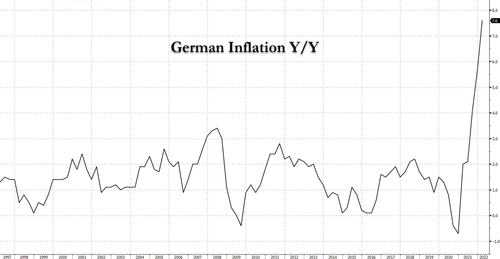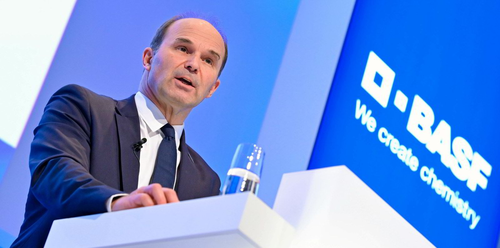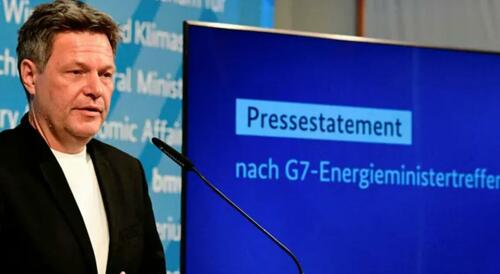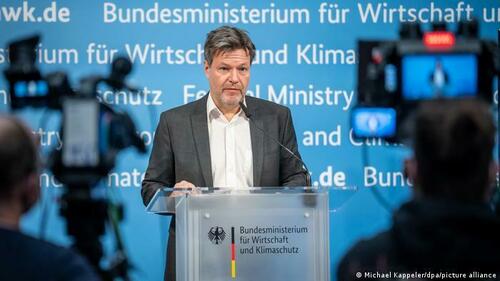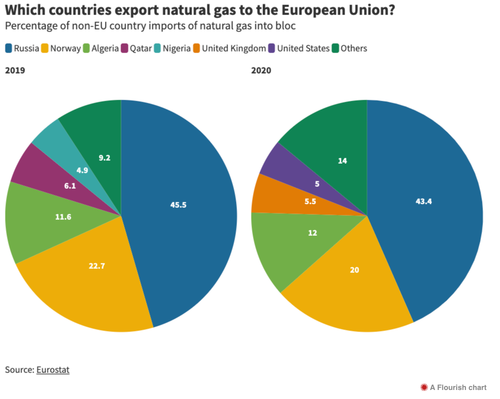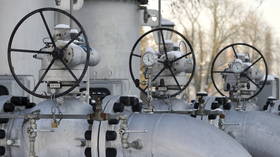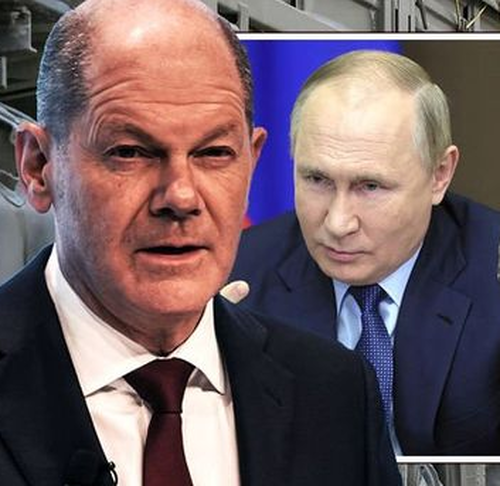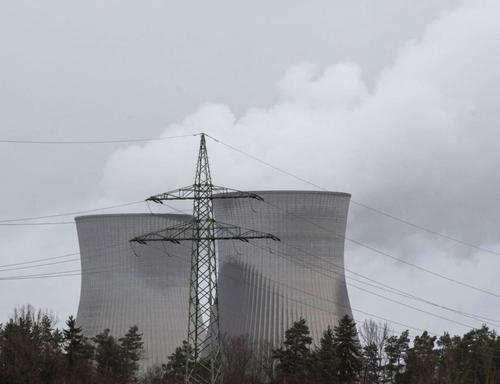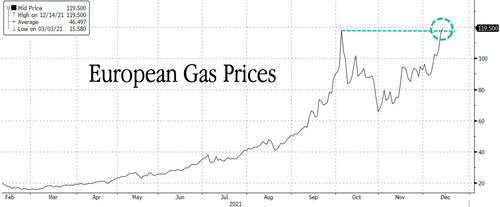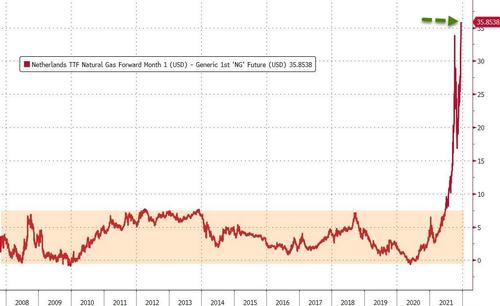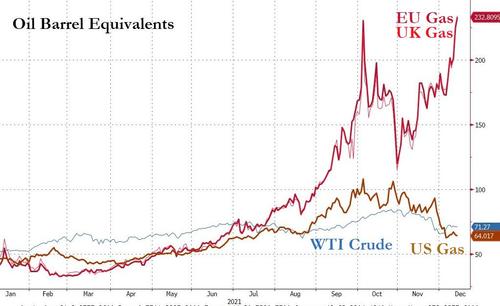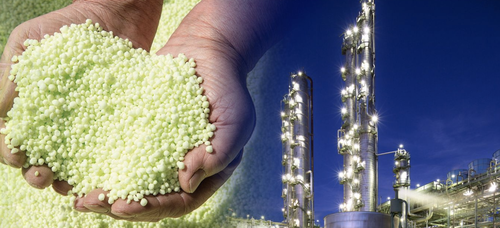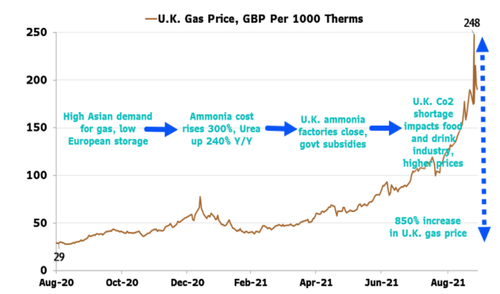Regina Lisso, 21 years old German girl, photographed in 1945 after killing herself by ingesting a cyanide capsule. She was unlucky enough to find herself in the crosshairs of a major propaganda effort where the Allied and the German governments collaborated to convince Germans to commit suicide. It is hard to convince people to kill themselves, but we cannot exclude that it could be tried again in some indirect forms.
This is the 5th part (one, two, three, and four) of a series dedicated to exploring a dark area of human behavior: mass exterminations. Here, I examine perhaps the darkest part of it: when the victims can be convinced to submit to be killed or even to kill themselves by lies and propaganda.
During the last two years of WW2, the German and the Allied governments found themselves in an unholy alliance. Both wanted the Germans to fight like cornered rats up to the very last moment, but for different reasons. The Germans were trying to postpone their defeat, the Allies wanted the destruction of Germany’s military and industrial base. You can find this story told in some detail in my book “Before Collapse” (1).
A side effect of this weird bipartisan effort was the rise of perhaps the first psyop in history that tried to convince an enemy population to commit mass suicide. In 1945, the British printed and distributed in Germany a propaganda postcard written in German and supposedly issued by the Nazi government. It provided detailed instructions on how to hang oneself (postcard “H. 1321”) (2). Even more weirdly, the Germans collaborated with the allies in pushing German civilians to commit suicide…
…click on the above link to read the rest of the article…


